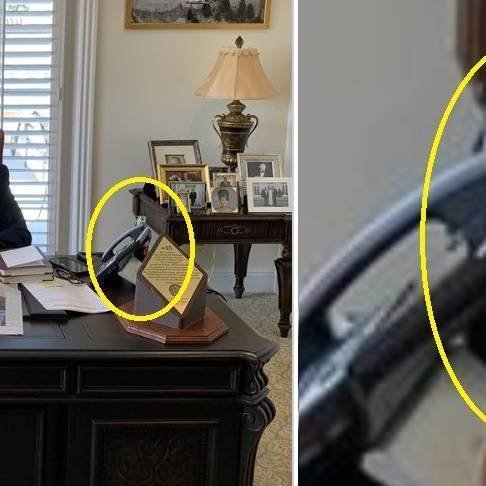House Speaker Mike Johnson, R-La., is enforcing a new policy requiring public bathroom use on the House side of the Capitol to line up with biological sex and not gender identity. The new rule comes as the first openly transgender person elected to Congress, Delaware Democratic Representative-elect Sarah McBride, prepares to be sworn in on Jan. 3.
During the week of Nov. 17, South Carolina Republican Rep. Nancy Mace introduced a resolution to bar transgender women from using female bathrooms and other gender-specific places in the Capitol, such as locker rooms.
“I want to make sure that no men are in women’s private spaces and it doesn’t end here… this shouldn’t be going on, on any federal property,” Mace said. “If you’re a school or an institution that gets government funding this kind of thing should be banned. I think it’s sick, it’s twisted.”
Mace said the bill is intended to “absolutely” target McBride.
Speaker Johnson said Wednesday, Nov. 20, he supports Mace’s resolution
“A man is a man and a woman is a woman, and a man cannot become a woman,” Johnson said.
Johnson also noted every House member’s office has its own private bathroom and that unisex restrooms are available throughout the Capitol.
Under House rules, the speaker has general control of facilities in the chamber, giving Johnson the authority to issue the policy surrounding bathrooms.
Rep. McBride responded in a statement that said in part, “I’m not here to fight about bathrooms. I’m here to fight for Delawareans and to bring down costs facing families. Like all members, I will follow the rules outlined by Speaker Johnson even if I disagree with them.”
I’m not here to fight about bathrooms. I’m here to fight for Delawareans and to bring down costs facing families. pic.twitter.com/bCuv7pIZBY
— Sarah McBride (@SarahEMcBride) November 20, 2024
House Minority Leader Hakeem Jeffries, D-N.Y., accused Republicans of bullying McBride.
“This is what we’re doing? This is the lesson that you’ve drawn from the election in November?” Jeffries said. “This is your priority, that you want to bully a member of Congress, as opposed to welcoming her to join this body so all of us can work together.”
It’s not clear now exactly how the policy will be enforced.





























































